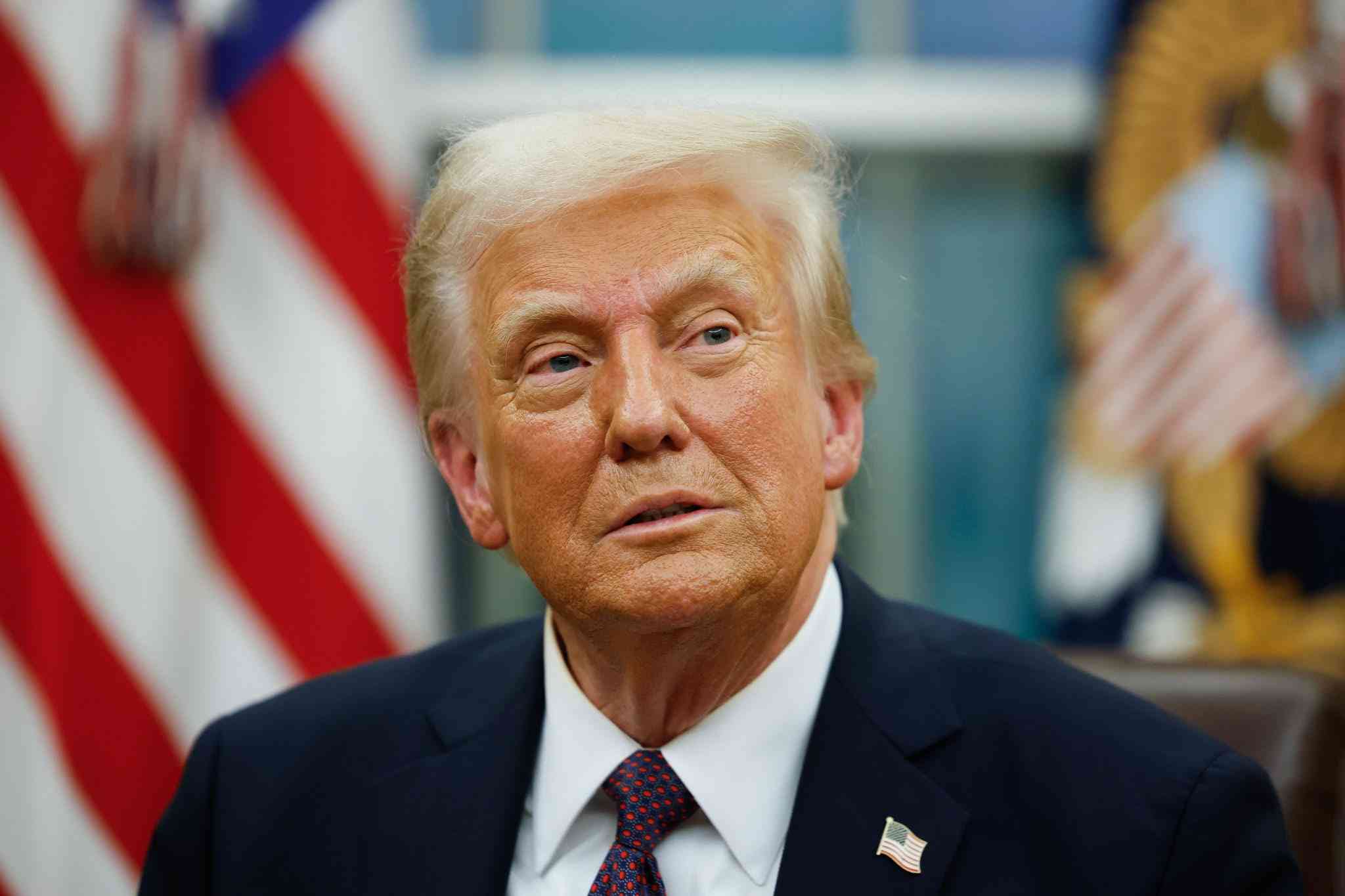
In an unprecedented act that could reasonably portend the end of functional checks and balances in the federal government, on Tuesday United States President Donald Trump signed an executive order asserting supervision over all independent regulatory agencies, including the Federal Energy Regulatory Commission (FERC), Environmental Protection Agency (EPA), Federal Trade Commission (FTC), Federal Communications Commission (FCC), Securities and Exchange Commission (SEC), and Federal Election Commission (FEC).
“The Order notes that Article II of the U.S. Constitution vests all executive power in the President, meaning that all executive branch officials and employees are subject to his supervision,” reads part of the order, which specifically exempts the Federal Reserve’s Board of Governors and Open Market Committee. “Therefore, because all executive power is vested in the President, all agencies must: (1) submit draft regulations for White House review — with no carve-out for so-called independent agencies, except for the monetary policy functions of the Federal Reserve; and (2) consult with the White House on their priorities and strategic plans, and the White House will set their performance standards.”
Under the pretense of fiscal responsibility, the order grants final approval over all major actions of independent regulatory agencies to the Attorney General and the White House, establishing them as sole interpreters of laws for the executive branch. Although the White House has had the power to review the decisions of government agencies for more than 30 years, independent regulators of business and energy markets have largely been exempted, deemed by Congress to be protected from executive overreach.
what does this mean?
“This is the intended end of checks and balances,” one energy industry advocate told Factor This today. “I have unprintable thoughts.”
“This is a profoundly dangerous idea for the nation’s health, safety, environment, and economy – and for our democracy,” concurred Robert Weissman, co-president of nonprofit consumer organization Public Citizen. “Congress made independent agencies independent of the White House for good reason.”
The executive order requires the affected agencies to submit any new regulations to the White House for review, and calls on the Office of Management and Budget (OMB) to “adjust so-called independent agencies’ apportionments to ensure tax dollars are spent wisely.” That means, for example, the OMB could have the final say on how much could be spent to build a transmission line, influencing potential bids, and the President could decide which EPA regulations would be considered for siting it.
Public Citizen’s Weissman calls the executive order illegal and claims it aims to shield corporations from accountability and centralize more power with Trump and his inner circle.
- Solar, wind still lead generating capacity additions
- Solar, wind still lead generating capacity additions
- For safety and reliability, utilities must shift focus to distributed energy resources
- Livestock generated methane vis-a-vis fossil fuel methane
Keep Reading
“The EO directs that all independent agencies shall subordinate themselves to the Office of Management and Budget and Trump’s OMB hatchet man, Russ Vought,” Weissman said. “Under the EO, independent agencies’ rules would be approved by OMB and Vought, their funding would be determined by OMB and Vought, and they would be required to follow White House policy dictates.”
“In short, independent agencies would become dependent — dependent on the whims of Trump, Vought, and their corporate buddies. This would be a disaster for America.”
Both the FTC and SEC have ongoing investigations or enforcement actions against companies owned by Elon Musk, Public Citizen points out. Musk has been an ardent champion of Trump’s recent efforts to dismantle the bureaucratic state, serving as the face of an unelected “government efficiency” task force.
“Americans should understand exactly what this is: A giant gift to the corporate class and a Trumpian power grab,” Weissman concluded.
is this constitutional?
The order claims to fulfill Trump’s promise to restore constitutional governance and accountability to the entire executive branch.
“Executive power without responsibility has no place in our Republic,” it reads, unironically. “The United States was founded on the principle that the government should be accountable to the people. That is why the Founders created a single President who is alone vested with ‘the executive Power’ and responsibility to ‘take Care that the Laws be faithfully executed.'”
As Eric J. Troutman observed in National Law Review, Trump is more or less attempting to put the entire federal government under his thumb.
“No other president has done this,” he wrote. “Most have avoided even the appearance of interfering in the workings of these agencies for fear of being viewed as wielding inappropriate control over the affairs of agencies designed by Congress to be independent.”
“At best this is ultimate bureaucratic micromanagement. At worst, it is a mechanism by which Trump can set all of the machinery of government to work to serve his personal agenda– wherever the whims of the day may take him,” Troutman added.
But is the executive order legal, and will it stand?
Multiple law analysts agree that its constitutionality hinges on how the overtly vague order is interpreted. If its intent is only to affirm that President Trump, as head of the executive branch, must sign off on any enforcement action taken by a federal agency, then it is likely legal.
“To the extent, however, Trump is stating he intends to dictate what regulations and rules are implemented by these agencies– i.e. that he intends to seize control of their LEGISLATIVE function- that would be a very serious problem,” Troutman offered. “At that point the legislative and executive function would collapse into a single individual creating, as Madison wrote, ‘the very definition of tyranny.’ Mr. Trump could then write the law to serve his agenda, and then have it enforced it as he saw fit. That would be unconstitutional in my view, and pretty horrifying frankly.”
Could we have seen this coming?
As NPR astutely points out, the idea of reigning in independent agencies is laid out in Project 2025, the conservative Heritage Foundation’s blueprint for government that President Trump kinda-sorta tried to distance himself from during his most recent campaign.
OMB’s Vought laid out his intentions to “dismantle” independent agencies in an interview with right-wing television personality Tucker Carlson last November.
“There are no independent agencies. Congress may have viewed them as such, SEC or the FCC, CFPB, the whole alphabet soup, but that is not something that the Constitution understands,” Vought told Carlson. “So there may be different strategies with each one of them about how you dismantle them. But as an administration, the whole notion of an independent agency should be thrown out.”
Ultimately, the courts will determine what happens next. If the Supreme Court has to rule on the scope of the President’s power, it is likely the conservative body will side in favor of Trump. It hasn’t been shy about undermining the power of independent regulatory agencies recently.









